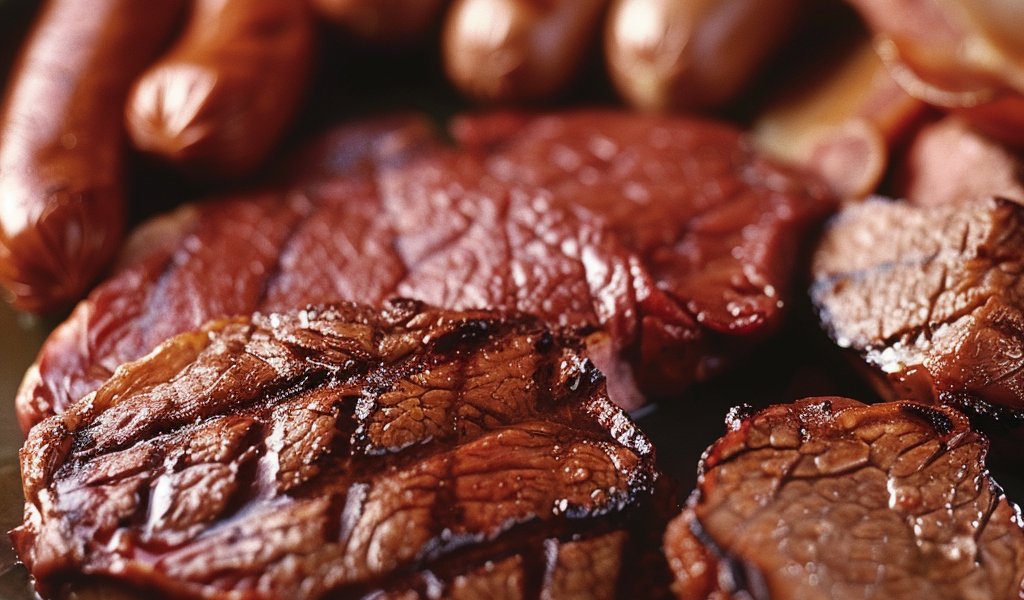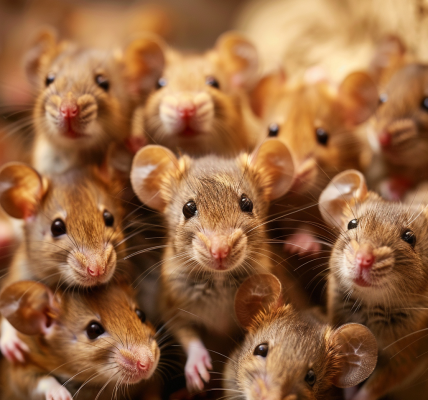Genetic Variants Linked to Increased Risk of Colorectal Cancer in People Who Eat Red and Processed Meat
Genetic variants have been linked to an increased risk of colorectal cancer in people who eat a lot of red and processed meat
Aware of the link between eating red and processed meat and the incidence of colorectal cancer but not the biological basis for it, researchers have now identified two genetic markers that may explain it. Understanding the disease process and the genes underlying it can help develop better prevention strategies.
Colorectal cancer, also known as bowel cancer, is the third most common cancer and the second leading cause of cancer-related deaths worldwide. It’s also on the rise in younger people, with the American Cancer Society (ACS) reporting that 20% of diagnoses in 2019 were in patients under 55, which is about double the rate of 1995.
Although the link between red and processed meat consumption and colorectal cancer has been known for some time, the predominant biological mechanism underpinning it has not been identified. In a new study, researchers from the Keck School of Medicine at the University of Southern California (USC) identified two genes that alter cancer risk levels based on red and processed meat consumption.
“These findings suggest that there’s a subset of the population that faces an even higher risk of colorectal cancer if they eat red or processed meat,” said Mariana Stern, the lead and corresponding author of the study. “It also allows us to get a peek at the potential mechanism behind that risk, which we can then follow up with experimental studies.”
The researchers meta-analyzed a pooled sample of 29,842 colorectal cancer cases and 39,635 controls of European ancestry from 27 studies. They first used the data from the studies to create standard measures for the consumption of red meat (beef, pork, lamb) and processed meat (bacon, sausages, luncheon/deli meats, hot dogs). For each category, they calculated servings per day, adjusted for body mass index (BMI), and divided participants into four groups based on levels of red or processed meat intake. People with the highest level of red meat consumption and processed meat consumption had a 30% and 40% increased risk for colorectal cancer, respectively. These findings didn’t account for genetic variability, which may confer a higher risk to some people.
Based on DNA samples, the researchers collected data for over seven million gene variants spanning the genome – the complete set of genetic data – for each study participant. To analyze the link between red meat intake and cancer risk, a genome-wide gene-environment





